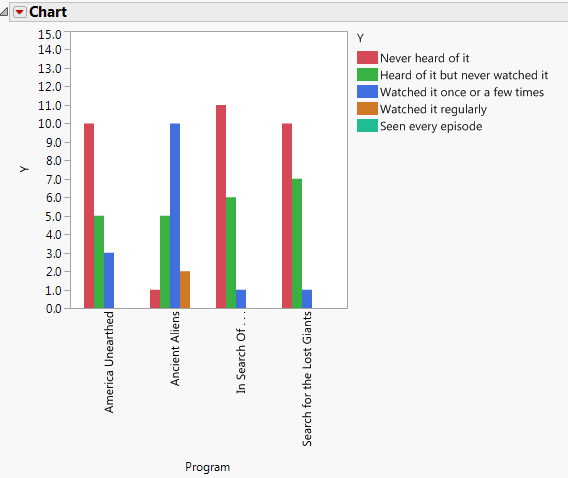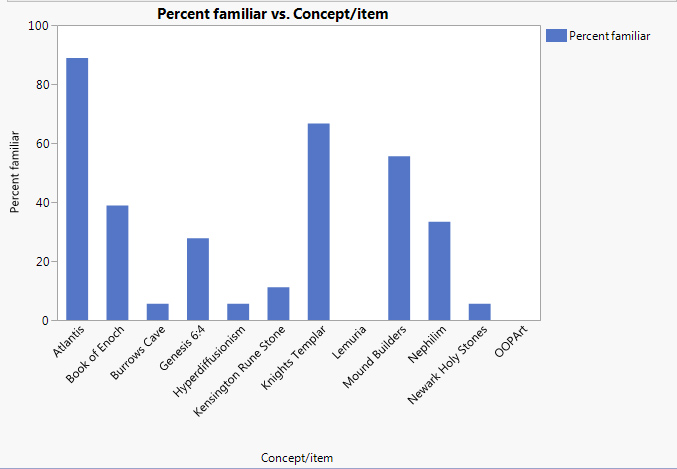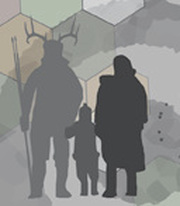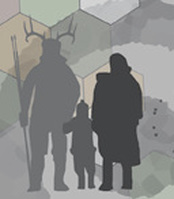They're Not Watching What's on The History Channel
Each student described his/her familiarity with four television programs (America Unearthed, Ancient Aliens, Search for the Lost Giants, and the classic In Search Of . . .) using an ordinal scale going from "I've never heard of it" to "I've seen every episode." Ancient Aliens was the clear winner in terms of familiarity, with over half of the students reporting that they'd seen at least one episode. Several students had heard of America Unearthed and Search for the Lost Giants, but only a few reported actually watching an episode. Almost as many students reported familiarity with In Search Of . . . (which ended production in 1982) as with Search for the Lost Giants.
I gave the students a list of some things that we'll be discussing over the course of the semester, asking them to simply circle the ones they were familiar with. Not surprisingly, Atlantis was familiar to most of the class. Downhill from there, the majority of the students had heard of the Knights Templar (not necessarily in connection with current "fringe" claims about them, however) and the "Mound Builders." Recognition of terms connected to giants was at less than fifty percent. A smattering of students had heard of some of the terms associated with current claims for pre-Columbian transoceanic contact. Lemuria and OOPArt struck out completely.
Next week we'll be talking about science vs. pseudoscience, how archaeology can be done as a science, and what constitutes archaeological evidence. And I'll be giving them a whirlwind 45 minute tour of the "mainstream" view of human prehistory and history, from hominin origins 5-7 million years ago to the Industrial Revolution.




 RSS Feed
RSS Feed
